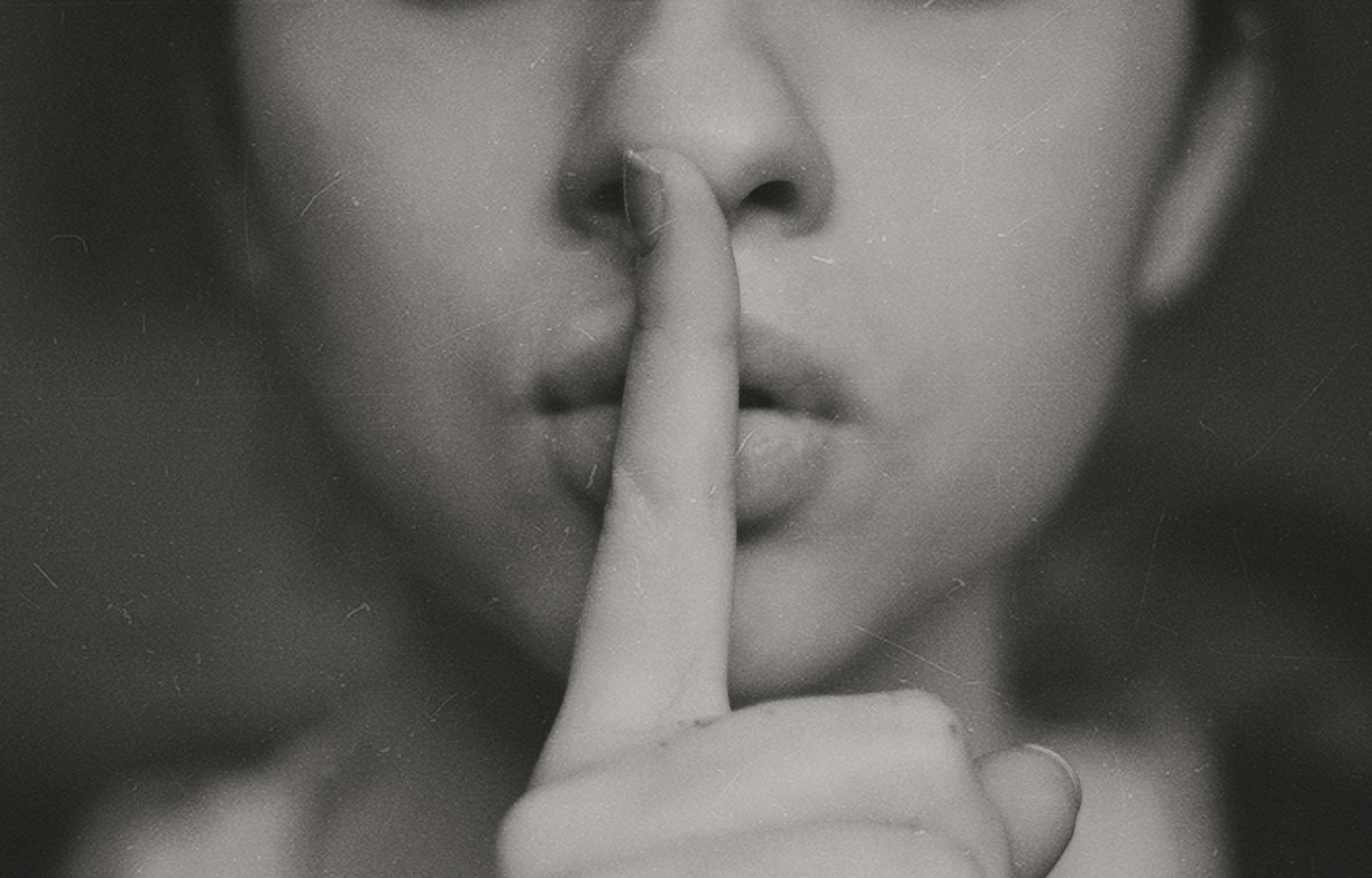St. Petersburg, Russia
Elena Kutsavya hated her job. She worked in a nondescript, concrete block building. There was no identifying information on the dirty, glass front door, but the building housed what was called the Internet Research Agency. Inside, more than one-hundred Russian, state-sponsored cyber trolls (hackers) worked the internet around the clock in a high-tech game of information warfare designed to disrupt elections and threaten Western democracies. Some, like Elena, worked to create Bots—false internet personas on social media platforms like Facebook, Twitter, and TikTok—to disseminate false and misleading stories to influence the voting preferences of some gullible and ill-informed Western voters, including, and most particularly, those in MAGA America.
She believed in democracy and civil liberties, and it bothered the thirty-year-old Elena that she was being cynically used by the Russian state authorities to disrupt Western democracies when she herself clandestinely supported the dissenters in her own country—Russia—who opposed the autocratic, oppressive, and authoritarian regime of the Russian president.

It all came to a head for Elena when the popular Russian dissenter and activist, Boris Nemtzov, was murdered in broad daylight on a Moscow bridge just a few blocks from the Kremlin. Elena and her co-workers at the IRA were instructed by their managers to broadcast the message that Nemtzov was targeted and murdered by five Chechen terrorists. To get the news out about the lies and inner workings of the IRA, Elena—at grave personal risk—sought out a foreign investigative journalist working in St. Petersburg with whom she would meet with in clandestine rendezvouses in coffee shops and provide information, documents, and even undercover videos, on the secret workings of the St. Petersburg troll farm.
The purpose of the Internet Research Agency was to lionize and shower praise on the Russian president, attack and ridicule Russian activists and opposition leaders, Western democracies, plus NATO and the European Union, and insult—often with vile racist slurs and epithets—former President Barack Obama. They also were directed to mount a broad and sweeping campaign of lies, smears, and disinformation against the newly popularly elected Ukraine president, Petro Poroshenko.
Ultimately, the existence and purpose of the IRA was revealed in a Russian newspaper. There was a surveillance sweep and a broad, in-depth internal investigation in which Elena was discovered to be the source of the leaks behind the newspaper story. She was arrested and charged with treason against the Russian state. For more than a year, she languished in the Lubyanka, the notorious central Moscow prison in Lubyanka Square, where, in past crackdowns, traitors were sent—usually to be executed. Elena lived in constant mortal fear that every day would be her last, that early one morning her jailers would enter her cell and just shoot her pointblank.
Then it happened in America—in New Jersey—that two “illegals” Russian agents were arrested. One was posing as a Russian emissary to the UN. The other was undercover as an officer of a Russian state-owned bank that was under sanctions imposed by the Obama administration. Thanks to the advocacy on her behalf by numbers of international humanitarian groups, a prisoner exchange was arranged. The two spies were returned to Russia and Elena came to the United States. She cried and could not believe her good fortune.
Lake Pontchartrain, Louisiana
The next morning, after breakfast, Billy and Rosie drive out to Sam’s sprawling estate on Lake Pontchartrain. There is a tall electric fence and a gate. Cameras send pictures back to a central security office in the main house. The long road going into the old plantation grounds is an arboretum of Live Oak, Bald Cypress, native pine trees, scented and flowering magnolia and tall branching willows covered with hanging vines and green shaded moss.
Rosie is impressed. On the drive in, she looks over at Billy. “Is this where you grew up?” she asks. Then, as they round a bend in the road and clear the trees, suddenly a big plantation house looms into view, “It looks like Tara in Gone with the Wind—but even bigger, and much grander,” Rosie says with a gasp.
Billy merely smiles in return.
Once at the house, Billy parks the jeep in the gravel circular drive-up at the front of the sprawling old mansion. As Billy and Rosie walk up the steps of the broad front portico, two large German shepherd dogs come loping up to greet them. The two so-called “junk yard dogs” Rufus and Jupiter are like big friendly puppies. They wag their tails and jump up to greet Billy, sniff and cower close to Rosie so she can give them each a gentle and consoling pat.
Sam follows along right behind the dogs. He is a tall and lean, still vital looking man in his mid-sixties with a full head of wavy, almost silver hair and a ruddy and weathered, sun-tanned face with tiny lines etched around his eyes. He looks to Rosie every bit the former “rough neck” Louisiana oil worker that Billy has described to her. She notices, however, that he has a warm and welcoming smile.
“He’s a handsome man,” Rosie would later remark to Billy when they were alone.
Billy reacted with surprise. “You think so? Well, I can tell you that Sam’s a modest man. I’m sure he doesn’t think of himself that way.”
Rosie returns the smile, and Sam puts out his hand to greet her. “Hi,” he says in his open and ingratiating way, “I’m Sam Tidewater.” Rosie and Sam shake hands.
Billy says, “Sam—this is my friend, Rosie.”
Sam smiles back at Rosie. “You’re even prettier in person than you are on TV.” Rosie thanks him for the gracious compliment. “Billy has told me so much about you, Sam,” she says.
Sam turns to Billy and the two men fondly embrace.
“How you are doing, son?” Sam asks.
Billy smiles in return. “Fine, Sam.”
Sam gestures toward the front door of the big old mansion house and invites Rosie and Billy to come inside. The dogs bark and follow them into the house, running along right on Rosie’s heels. They talk for a time in the parlor, and then Sam takes Rosie on a tour of the house—of which he is particularly proud.
“It’s my one luxury,” Sam says. “I grew up poor in a run-down shanty out on the bayou,” he explains. “The toilet was outside and there was no running water—only snakes and alligators.”
Sam takes Rosie’s hand and leads her up the broad winding staircase to show her the second and third floors of the old mansion. “Are you hungry?” he asks.
Billy grins. “Rosie’s always hungry,” he announces.
Sam looks at Rosie. “Well, good then, I had my cook put together a little lunch.”
They eat lunch out on the terrace, at the back of the house, with a broad view overlooking a lawn and gardens that fall in a series of terraces down to the lake. There is a long dock going out into the water. Tethered near the end, is a big fishing trawler much like Billy’s Delta Queen.
Right near the end of the meal, Sam looks at Rosie and says, “Billy, here, tells me that you’re a pretty good shot.”
Rosie blushes and smiles, looking faintly embarrassed. “Well, I don’t know about that. But Billy has been teaching me to shoot.”
Sam looks across the table at Billy. “So, he says, but I was the one that taught Billy!” the old man says, sounding a note of parental pride.
“Sam’s right,” Billy says with a broad grin.
Rosie wonders—with a touch of dread—if Sam knows about the two Russians and the fact that she had shot one of them in the head. She carefully watches Sam’s reaction and decides that this is something that Billy has so far kept secret from his friend, mentor, and adoptive father.
After lunch, they go out to Sam’s private shooting range for some target practice. Rosie has the Glock in her bag, along with four or five loaded clips that Billy provided her with.
“You keep this with you all the time,” he earlier told her.
“But don’t I need a permit or something to carry this around with me all the time?” Rosie objected at the time.
“I’m going to get you a permit as soon as I get to Washington. But for the time being, you keep it with you in your bag.”
Rosie makes a mock salute. “Yes, sir!”
Sam is impressed with Rosie’s speed and accuracy with the Glock.
“Billy’s a good teacher,” he says with admiration. They all take their respective turn at the targets. As Rosie empties the clips in her gun, Billy reloads them.
Sam invites them to stay the night, but Billy demurs. “Rosie and I have some unfinished business in the city. He does not say, however, just what that “unfinished” business is—and Sam is tactful enough not to ask.
“But we’ll come back tomorrow. I am going to Washington for a couple of days. And I want you to look after Rosie while I’m gone.” Billy briefly looks to Rosie, and then turns back to Sam.
“Take her out on your boat fishing. She likes to fish, and she’s a good skipper at the wheel.”
Again, Rosie blushes. “Well, that might be a bit of an exaggeration.”
Billy turns serious and says to Sam. “Rosie is possibly in some danger. It’s not something I can talk about now. But trust me, I will explain it all later; but I want you to take care of her, Sam, while I’m gone.”
Sam has heard on TV about the suspicious death of Billy’s friend, Scott. He wonders if that might be the connection to Rosie. He looks at Rosie and smiles. “Be my pleasure. Rufus and old Jupiter and me will take real good care of her. Maybe we can even get in a little cribbage?”
Later that evening, when the two are alone together, Rosie follows up and asks Billy, “Does Sam know about the two Russians?”
Billy shakes his head. “No, that’s not something he needs to know. Not right now anyway.”

